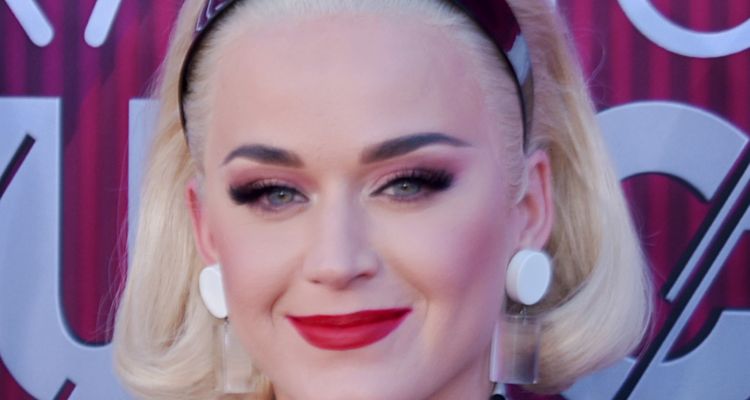
Photo Credit: Glenn Francis / CC by 2.0
Katy Perry has once again emerged victorious in the long-running copyright infringement lawsuit filed against her over 2013’s “Dark Horse,” as an appellate court has ruled in her favor.
The underlying courtroom confrontation kicked off way back in 2014, when Christian rapper Flame accused Katy Perry of infringing upon his “Joyful Noise” track, which first released in 2008. Following a trial in July and August of 2019, a jury sided with Flame and awarded the plaintiffs about $2.8 million in damages, or “22.5% of defendants’ net profits” deriving from “Dark Horse,” the latest ruling reiterates.
But a district judge in March of 2020 vacated the verdict, finding that Flame and his legal team had failed “to satisfy the extrinsic test,” and the plaintiffs promptly appealed. As mentioned at the outset, the Ninth Circuit Court of Appeals has now upheld the district court’s decision, indicating at the start of a 26-page-long ruling that “the jury’s verdict finding defendants liable for copyright infringement was unsupported by the evidence.”
“Copyright law protects musical works only to the extent that they are ‘original works of authorship,’” the appellate court’s ruling reads. “The trial record compels us to conclude that the ostinatos at issue here consist entirely of commonplace musical elements, and that the similarities between them do not arise out of an original combination of these elements.
“We agree with the district court that plaintiffs failed to establish copying of any original—and, consequently, protected—elements of Joyful Noise. For that reason, we affirm its decision to vacate the jury award,” the text continues.
“No single point of similarity between Joyful Noise and Dark Horse arises out of a protectible form of expression,” the three-judge panel found. “Plainly, no person may copyright the minor scale, as such scales are common musical building blocks belonging to the public.
“Allowing a copyright over this material would essentially amount to allowing an improper monopoly over two-note pitch sequences or even the minor scale itself,” the ruling later elaborates, “especially in light of the limited number of expressive choices available when it comes to an eight-note repeated musical figure.”
In terms of the plaintiffs’ argument that the appellate court is “required to defer to the jury’s determination that the Joyful Noise and Dark Horse ostinatos are substantially similar,” the panel relayed that “even when juries serve as the factfinders, judges retain an important gatekeeping role in applying the law.”
At the time of this piece’s writing, Katy Perry didn’t appear to have taken to social media to comment on her latest (and seemingly final) victory in the “Dark Horse” suit. Dua Lipa earlier this month was named in a separate infringement complaint over “Levitating,” and the likes of Nickelback, The Weeknd, Chris Brown, and Ed Sheeran are likewise grappling with copyright suits.
In one of several testaments to the relative unpredictability – and possible length – of copyright infringement battles, an appellate court in early 2020 confirmed that Drake’s sampling of “Jimmy Smith Rap” in “Pound Cake/Paris Morton Music 2” constituted fair use despite a lack of prior consent. This use, the judge said, was “transformative” and did not usurp “demand for ‘Jimmy Smith Rap’ or otherwise cause a negative market effect.”
Meanwhile, Nicki Minaj in early 2021 finalized a $450,000 settlement with Tracy Chapman after sampling Chapman’s “Baby Can I Hold You” in a song entitled “Sorry.” The latter never officially released, but played once on the radio and subsequently made its way onto the internet.

